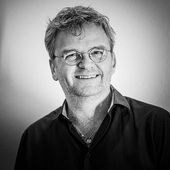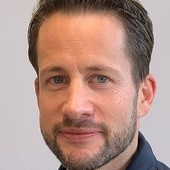Cookie
Utilizziamo i cookie per rendere il nostro sito web di facile utilizzo, per migliorarlo continuamente e per analizzare l'accesso al nostro sito web. Utilizzando i nostri servizi, l'utente accetta questo principio. Si prega di notare che, a causa delle vostre impostazioni, non tutte le funzionalità del sito potrebbero essere disponibili.
Philippe Müller has held office in the cantonal government of Bern since June 2018, as the head of the Bernese Security Department, and for 2023/2024 as the President of the cantonal government. He is also a board member of the Conference of Swiss Cantonal Justice and Police Directors (KKJPD). A trained agronomist, prior to joining the cantonal government, he was president and spokesperson of the Liberals (FDP) in Bern city, whilst also acting as vice-president of the Liberals in the Canton of Bern. He has been President of the Board of Trustees of the SPI since 1st January 2022.

Stefan Aegerter studied at the ETH Zurich military academy in the 1975 intake and at the University of Bern. Before coming to the SPI, Stefan Aegerter worked as a regular officer. He has been at the Swiss Police Institute since 2016, and became director on 1.1.2022. As part of this role, he is a member of the Swiss Conference of Cantonal Police Chiefs (KKPKS). He represented Switzerland at the Steering Committee of the Central European Police Academy (MEPA) and at the Association of European Police Colleges (AEPC), as well as at CEPOL. He is a member of the International Advisory Board at the Institute for Criminology at the University of Cambridge. He is a project leader of the General Training Curriculum for the Swiss National Police. He takes part in the management of various CAS (certificate of advanced studies) and DAS (diploma of advanced studies) programmes in police management and police operations at Swiss technical colleges and universities. Stefan Aegerter is the President of the national “Police Officer with Federal Diploma/Higher Federal Diploma” exams board. As a Colonel in the Swiss Army, he served in the Government Staff.




















